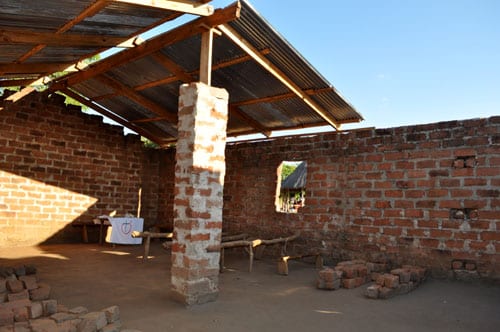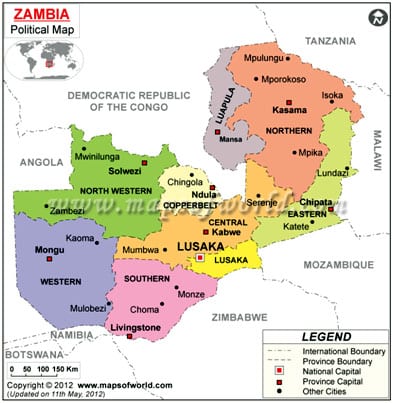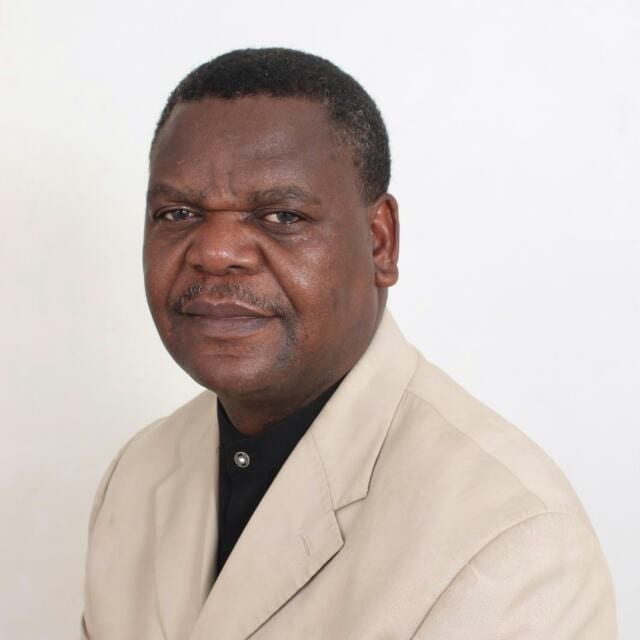Things You Should Learn About Zambia as a Christian Nation
Zambia Christian Church
Christianity has been very much at the heart of the narrative of the Zambian region since the European colonial explorations into the interior of Africa in the mid-19th century. The area features heavily in the accounts of David Livingstone's journeys in Central Africa. Livingstone's exploration of the region coincided with an increased interest in missions in the Evangelical churches of Britain, and despite his complicated motives, Livingstone became the darling of Evangelical expansion. This interest was partly the result of revivalism among Pietists and Methodists and among the Evangelicals of the Anglican church. People wanted to convert others to the same joyous religious experience they were enjoying. A 1996 amendment to the constitution declared the country a Christian nation while providing for freedom of religion in practice. The government requires registration of all religious groups; however, all applications reportedly are approved without discrimination. An estimated 85% of the population professes some form of Christianity. Another 5% are Muslim; 5% subscribe to other faiths, including Hinduism, Baha'ism, and traditional indigenous religions; and 5% are atheist.
The majority of Christians are either Roman Catholics or Protestants. Currently, there is also a surge in new Pentecostal churches, which have attracted many young followers. Muslims tend to be concentrated in parts of the country where Asians have settled—along the railroad line from Lusaka to Livingstone, in Chipata, and in the eastern province. Some members of the Muslim community have complained of discrimination since the country was declared a Christian nation. They claim they cannot freely teach and practice Islam; however, other Muslim organizations state they have not experienced any restrictions on their activities.
Sources:
Wikipedia: History of Christianity in Zambia
Encyclopedia of the Nations: Zambia - Religions



